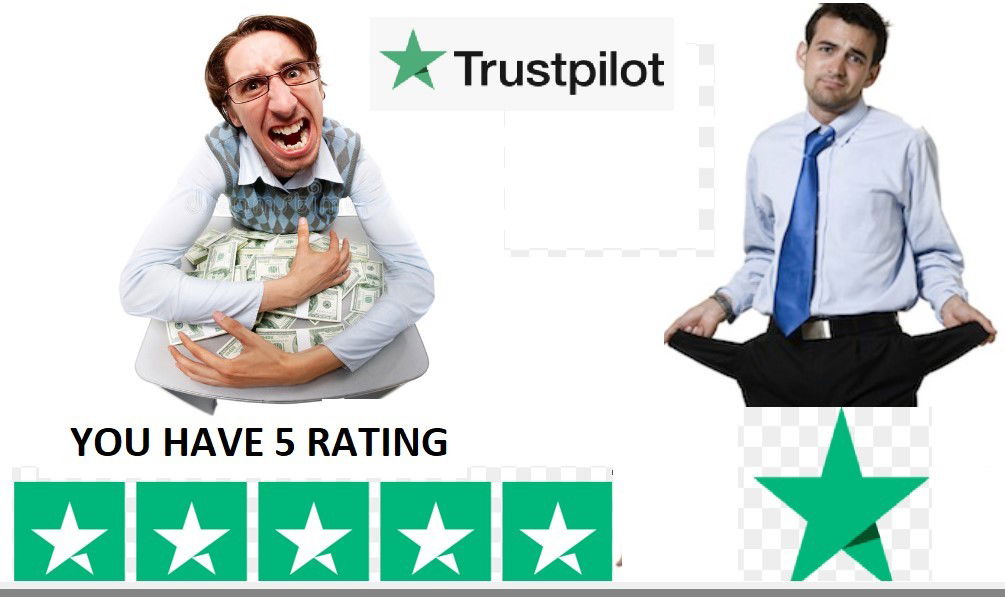Online reviews are a key factor in influencing consumer perceptions today. Platforms like Trustpilot have emerged as key players in this space, allowing consumers to share their experiences with various businesses.
In today's digital marketplace, online reviews have become a crucial element of consumer decision-making. Trustpilot is one of the most popular review sites and plays an important role in shaping businesses' reputations across different sectors. Companies strive to achieve high ratings and positive feedback, believing that an excellent online reputation can lead to increased sales and customer trust. However, this quest for positive reviews has led some businesses to consider the controversial practice of buying Trustpilot reviews. Although the appeal of an increased rating is appealing, it's important to consider the potential ethical and legal consequences.

Trustpilot reviews are a great way for companies to build trust with potential clients. Reviews are important in an age when consumers have access to a wealth of information. Positive reviews that are gathered in a large number can be used to create an impression of quality and reliability, which could lead to more sales or increased customer loyalty. Some businesses, in order to get quick results, resort to shortcuts such as purchasing reviews. This may result in an instant boost to ratings but it could ultimately be counterproductive as consumers are becoming more aware of how to manipulate consumer perceptions.
Another critical aspect to consider is the potential legal implications of buying reviews. Trustpilot has strict guidelines and policies that prohibit businesses from engaging in fraudulent activities, including purchasing fake reviews. Companies caught violating these guidelines risk severe consequences, including the removal of their reviews, suspension of their accounts, or even legal action. These consequences can seriously damage the reputation of a business, which could lead to loss in trust among current and future customers. Instead of enhancing credibility, buying reviews can result in long-lasting harm that outweighs any short-term benefits.
The competitive pressure to secure positive buy trustpilot reviews can also lead businesses to overlook the fundamental purpose of online ratings. Instead of focusing on deceptive practices, companies should concentrate on enhancing customer satisfaction and delivering quality service. Engaging with customers and responding to their feedback fosters genuine relationships and encourages authentic reviews. Satisfied customers are more likely to share their positive experiences, which ultimately leads to a more sustainable and credible reputation. This approach not only benefits the business in the long run but also contributes to a healthier marketplace, where consumers can make informed decisions based on real experiences. To generate more information please go to Homepage

Rather than resorting to unethical practices, businesses should focus on fostering genuine relationships with their customers and improving their services. A trustworthy reputation is built on authentic customer experiences. Encouragement of honest feedback from satisfied customers can result in a stronger and more sustainable online presence. As a way to encourage genuine reviews, companies can use a variety of strategies, including follow-up email after purchases, incentive programs for leaving reviews and engaging actively with their customers via social media. By prioritizing quality service and addressing customer concerns, businesses can naturally cultivate a pool of authentic reviews that reflect their commitment to excellence.
The digital landscape continues to evolve, and consumers are increasingly prioritizing authentic interactions with brands. Customers can express their views and experiences through social media platforms and online reviews, which makes it important for companies to be accountable. As the demand for genuine engagement grows, companies that focus on integrity and authenticity will likely thrive in the marketplace. Businesses can build a sustainable brand by embracing real feedback from customers and using that as a growth tool.
